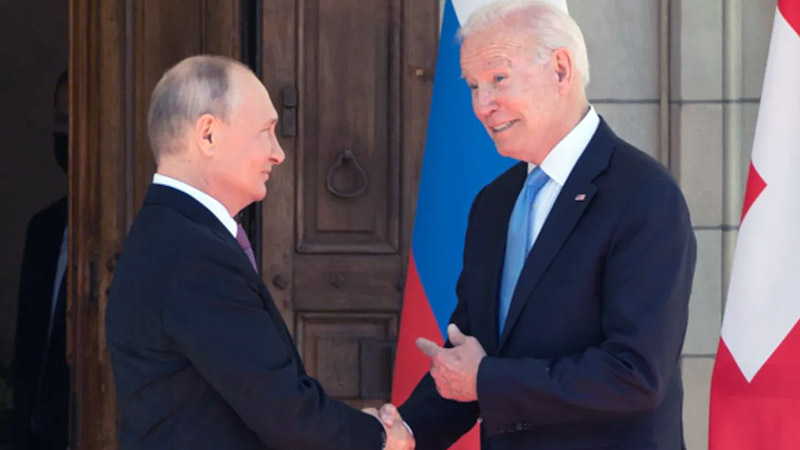Russia’s newly implemented electronic voting system, utilized by President Vladimir Putin, has been embroiled in controversy due to claims of extensive cyber-attacks. Sources allege that these attacks, numbering over 90,000, were primarily launched from Ukraine and North America, casting a shadow over the system’s debut.
The Kremlin, in a recent statement, denounced these cyber intrusions, suggesting they were orchestrated by highly proficient groups with connections to Western interests, further straining Russia-West relations amidst ongoing cybersecurity and diplomatic tensions.
The advent of electronic voting systems worldwide has sparked debate over their benefits and drawbacks, particularly concerning cybersecurity risks and the potential for electoral interference. The reported cyber-attacks on Russia’s system spotlight the critical need for stringent cybersecurity defenses to protect essential democratic infrastructures and maintain the integrity of the electoral process.
The complexity and magnitude of these attacks reflect the continuously evolving landscape of cyber threats, emphasizing the necessity for nations to remain vigilant and adaptive in their cybersecurity approaches. The Kremlin’s claim that these cyber-attacks stem from entities in Ukraine and North America introduces a geopolitical layer to the incident, complicating the already tense interactions between Russia and these regions.
Such allegations of cyber-attacks and the subsequent blame game can be intricate, requiring thorough technical investigations and careful diplomatic navigation to ascertain responsibility accurately. This situation highlights the broader challenges at the intersection of technology, governance, and international relations.
As digital technologies become more entrenched in societal functions, including elections, the imperative for enhanced cybersecurity resilience and international cooperation grows. Addressing these cybersecurity challenges demands a collaborative effort among nations, sharing intelligence, and adhering to established cyberspace norms to mitigate risks and promote digital stability.
The incident with Russia’s electronic voting system, marked by allegations of cyber-attacks linked to Ukraine and North America, underscores the ongoing dialogue surrounding cybersecurity, governance, and the need for international cooperation. It reflects the importance of robust cybersecurity protocols, ethical conduct in digital spaces, and diplomatic efforts to navigate the complex landscape of global cybersecurity challenges effectively.

